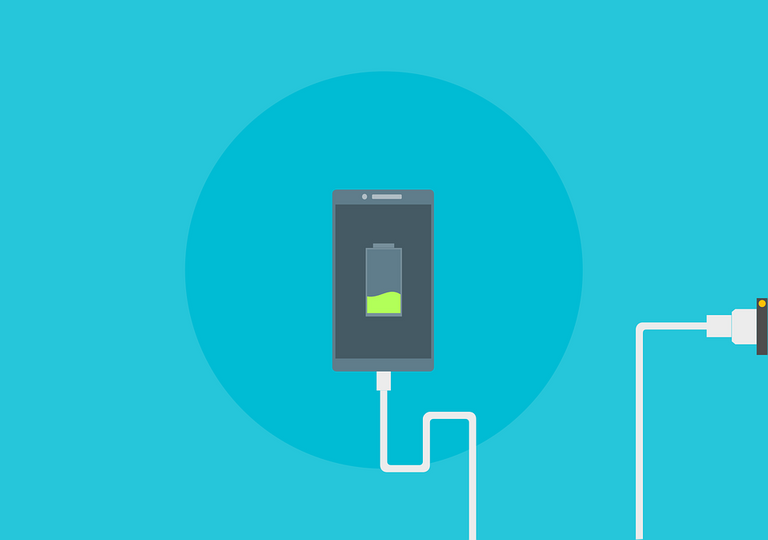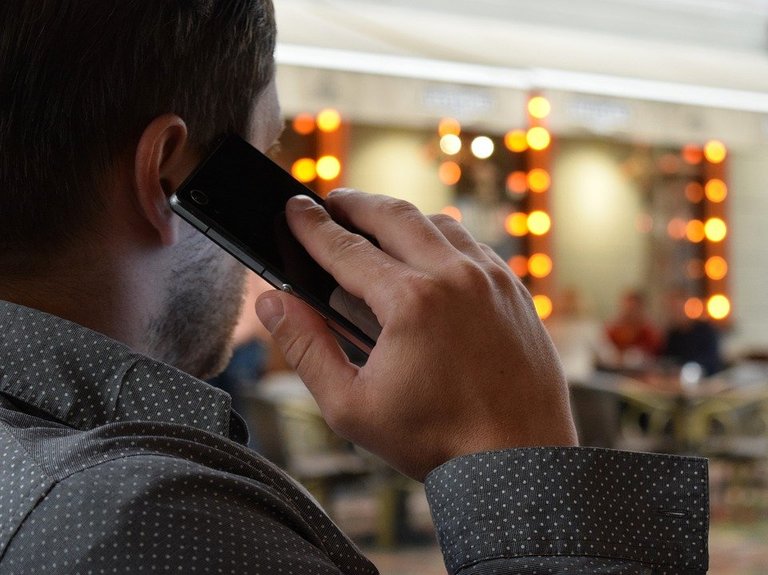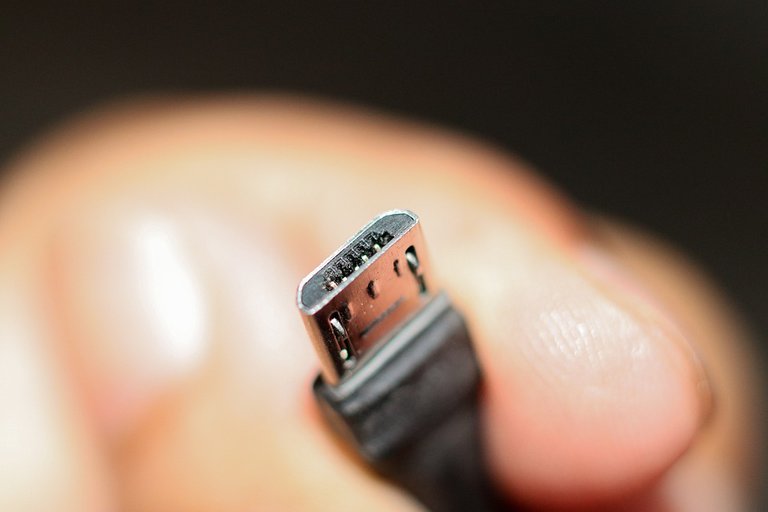The Juice Jacking Trend: Better Business Bureau Warns About Charging Stations Planting Malware

There have been many reports issued that have sought to warn people about charging their phones at public charging stations and with the holidays recently passing, the message has once again been circulating.
While traveling, it's common to find a number of different public charging stations that might be used by many people and it can be tempting to use them whenever your device might be running low on battery power.
However, the BBB and others have issued warnings that cell users should think twice before using those charging stations to charge their device.
The Rise Of "Juice-Jacking"
The scammers are able to download malware to the phone once the user plugs the device in through the USB charging station. Ultimately, this enables the scammers to access private details and record or send data which includes passwords, addresses, and more.

To try and avoid getting stuck in that situation, various tips have been suggested and the most obvious would be avoiding those charging stations altogether if possible.
The BBB has warned people about the cyber-theft scam that has been on the rise, also known as juice jacking, and they aren't the only ones. The media has issued several reports, various tech sites, even the LA County DA's office as well.
If you happen to pass a charging station and you see a cable left plugged in, you might not want to rush over to use it. There is a chance that using it or those other USB charging stations in airports and other popular public areas etc, might increase the risk of malware infecting the device.

There is still debate over just how prevalent this issue is however and it's difficult to know how many people might have been targeted so far, how many official reports have been made for individuals that have been directly impacted by these actions related to juice jacking.
Needless to say, the increase in these reports as no doubt prompted many people to invest in their own cable and portable charger, for those who are looking to safely avoid this problem for themselves.
As well, the broad media attention that this issue has been getting has hopefully inspired some individuals to think twice about using those lost cables or communal charging stations etc, which they might have avoided being cautious about using if they hadn't heard about the story and associated risk.
Pics:
pixabay

Also, possible to protect yourself, is to use usb cable with charging only functions. So cables which are not able to transfer data. aka the cheapest cables available :D
I wonder if the wireless charging station are any safer
You shouldn't ever carry a full USB cable. That should be at your house AT your sole computer that you use for backup.
Carry a charging only cable. It can be even thinner/lighter because it only has 2 cables instead of 4.
But really, security on android and pineApple phones is a joke, and seems to be that way by design.